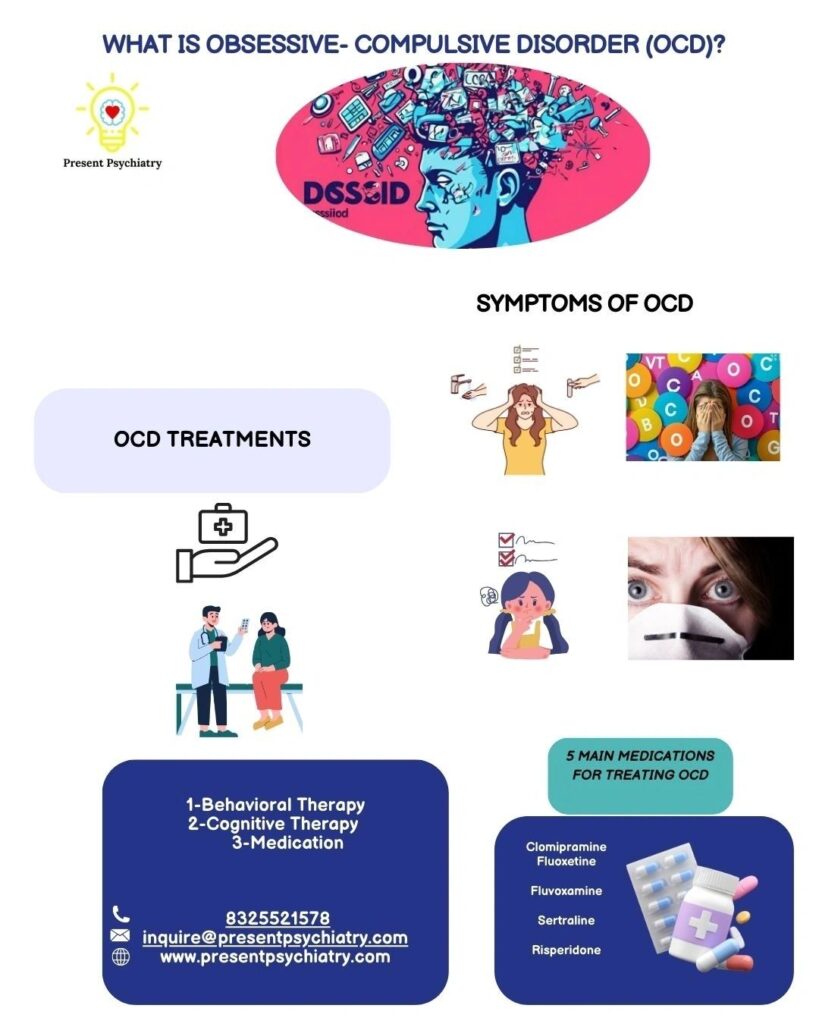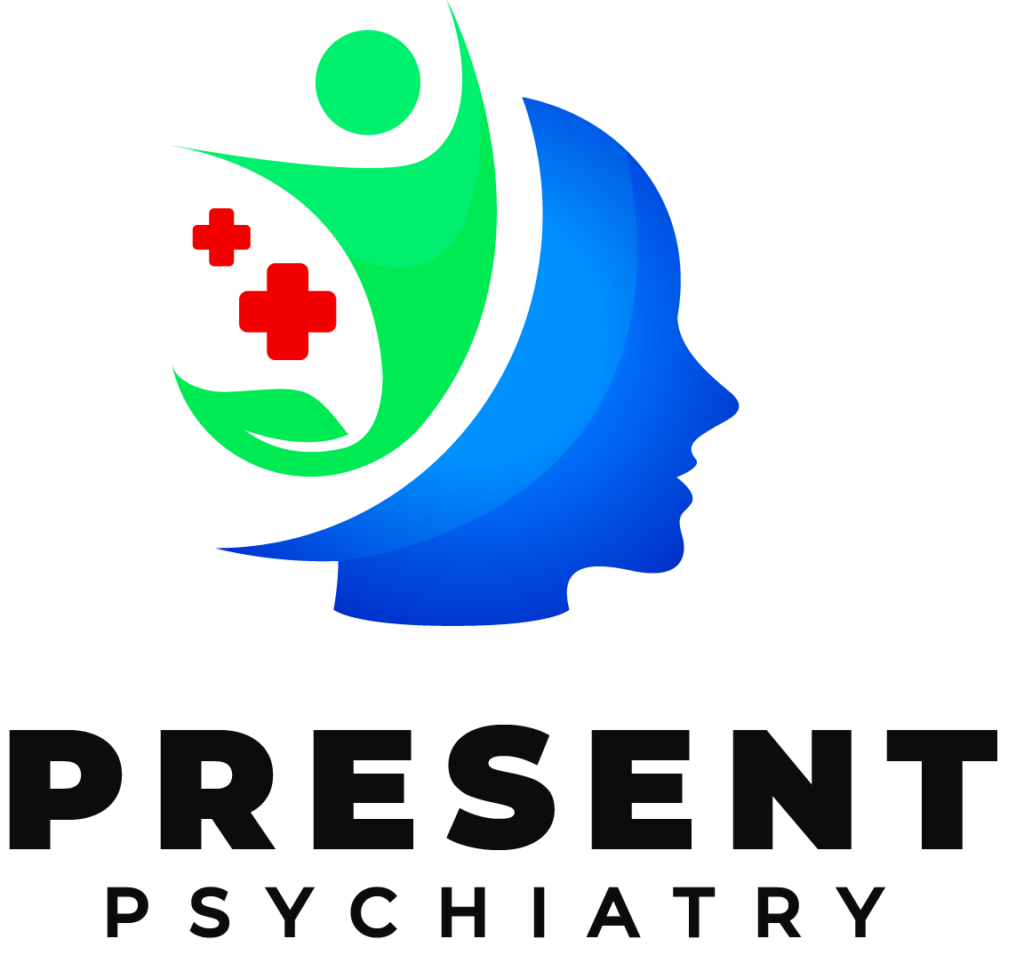Imagine waking up every morning with an overwhelming urge to check if the doors are locked, the stove is off, and every little detail is in perfect order. For millions around the world, this is a daily reality. Welcome to the intricate world of obsessive-compulsive disorder (OCD), a mental health condition that goes beyond mere quirks or habits. In this article, we delve deep into what OCD is, its causes, symptoms, and the pathways to managing it effectively.

Dr Rizwan Ali / Psychiatric Nurse Practitioner, PMHNP, BC
What is OCD?
Obsessive-Compulsive Disorder, commonly known as OCD, is a chronic mental health condition characterized by unwanted, intrusive thoughts (obsessions) and repetitive behaviors or mental acts (compulsions). These obsessions and compulsions are time-consuming and cause significant distress, impairing daily functioning and quality of life. Unlike the occasional worry or habit everyone experiences, OCD’s patterns are rigid and can dominate a person’s life.
Causes of OCD
The exact cause of OCD remains a mystery, but research suggests a combination of genetic, neurological, behavioral, cognitive, and environmental factors contribute to its development. Genetics play a significant role, as individuals with family members who have OCD are more likely to develop it themselves. Neurologically, imbalances in the brain’s neurotransmitters, particularly serotonin, are believed to influence OCD symptoms. Additionally, certain life experiences, such as trauma or significant stress, can trigger or exacerbate the condition.
Symptoms of OCD
OCD manifests through a variety of symptoms, primarily divided into obsessions and compulsions:
- Obsessions: These are intrusive and persistent thoughts, urges, or images that cause significant anxiety. Common obsessions include fears of contamination, fears of harming oneself or others, and the need for symmetry or exactness.
- Compulsions: These are repetitive behaviors or mental acts performed in response to an obsession, aimed at reducing anxiety or preventing a feared event. Common compulsions include excessive cleaning, hand-washing, checking, counting, and arranging items in a specific order.
For instance, a person with OCD might repeatedly wash their hands to alleviate the fear of germs, even when their hands are already clean.
Effects of OCD
OCD can have profound effects on various aspects of an individual’s life. It can strain relationships, hinder academic or professional performance, and lead to social isolation. The constant battle with obsessions and compulsions can result in chronic stress, depression, and anxiety, further complicating the individual’s mental health.
Worldwide Prevalence of OCD
Obsessive-Compulsive Disorder (OCD) is a relatively common mental health condition. According to the World Health Organization (WHO), OCD impacts roughly 1% of people worldwide. In the United States, the National Institute of Mental Health (NIMH) estimates that 1.2% of adults in the United States are affected by OCD.
While OCD can be debilitating, various treatment options can help manage and reduce its symptoms effectively:
- Medications: Selective Serotonin Reuptake Inhibitors (SSRIs) are commonly prescribed to help balance the neurotransmitters in the brain, reducing the intensity of obsessions and compulsions. In some cases, other medications like Hydroxyzine may be used to manage associated anxiety.
- Therapies: Cognitive Behavioral Therapy (CBT), specifically Exposure and Response Prevention (ERP), is highly effective for OCD. ERP involves gradually exposing individuals to their fears and teaching them to resist the urge to perform compulsions, thereby reducing anxiety over time.
- Lifestyle Changes: Incorporating healthy habits such as regular exercise, adequate sleep, and stress management techniques can support the overall treatment of OCD. Mindfulness and relaxation exercises can also help in managing anxiety levels.
- Support Groups: Joining support groups or engaging in group therapy can provide a sense of community and understanding, helping individuals feel less isolated in their struggle.
Patient Example: Sarah’s Journey with OCD
Meet Sarah, a 28-year-old graphic designer who battled obsessive thoughts about contamination. Her compulsive hand-washing routine, sometimes lasting hours each day, began to interfere with her work and personal relationships. After seeking professional help, Sarah underwent CBT and learned strategies to manage her anxiety without resorting to excessive cleaning. Over time, she regained control over her life, demonstrating that with the right treatment, managing OCD is possible.
Conclusion
OCD is a complex and challenging disorder that affects millions globally, yet it remains often misunderstood. By understanding what OCD is, recognizing its symptoms, and knowing the available treatment options, individuals and their loved ones can take meaningful steps toward managing this condition. Remember, if you or someone you know is struggling with OCD, professional help is available, and recovery is attainable.
“OCD is a struggle that goes unseen, but its impact is deeply felt.” –Dr Rizwan Ali
WE STRIVE HARD AND PROMISE TO DELIVER
- 5600 NW Central Dr Suite 280, Houston, TX 77092, United States
- +1 832-552-1578
- inquire@presentpsychiatry.com



